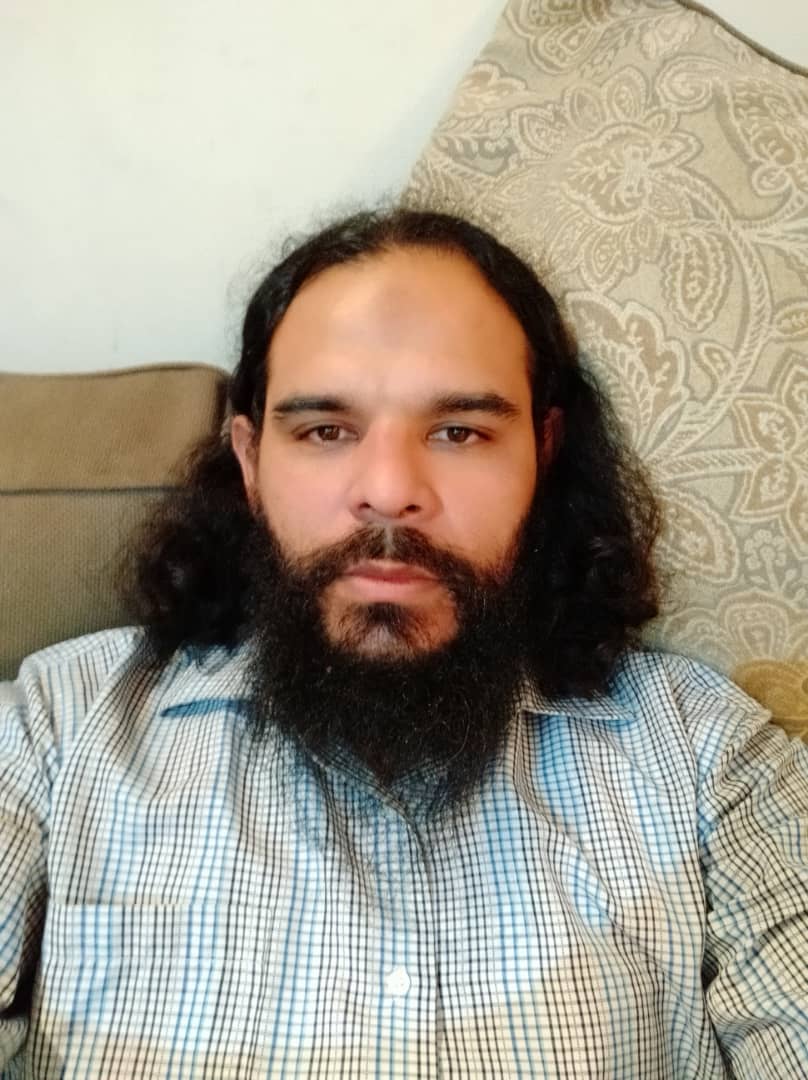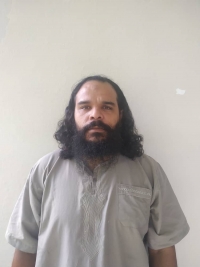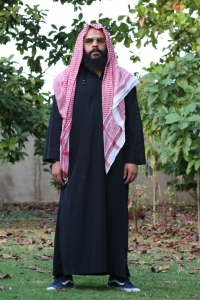“The Cuban nation has a serious problem: everyone wants to be a Fidel Castro. Those that do not want to be Fidel Castro want a ‘Fidel Castro’ to guide him towards freedom.”

Download image
Abu Duyanah (pseudonym of Niovel Alexander Tamayo Formén) is a Cuban writer and human rights activist. He was born in 1984 in Cuba, Granma province, but after a few months after his birth, the family moved to Havana. He had a different way of thinking from childhood and began to question the communist regime and all that it implied for Cuban society. As a young man, he was molded as a writer and began activist activities against the regime. His intention was not only to question but to change the situation around him. He felt a strong attraction for anarchism, and in general, for the genres of social claims and protest. He is the founder of the non-violent Demóngeles movement, whose purpose is to claim the rights of free-expression artists. He also participated in the Friendship Movement, which held a series of events, including a march to demonstrate its main pillar - non-violence. In 2001, he began to study Islam vigorously, and in 2010 he adopted the Muslim religion, along with his Islamic name of Mohammed Ali. He was the first Cuban to make a trip to Mecca, and in 2012, he founded the Cuban Association for the Education of Islam. The Cuban regime is persecuting him for his oppositional art, human rights demands, and because he is a Muslim. He lives in Havana and continues writing literature, working on the Demóngeles project and the independent media ADN Cuba.



